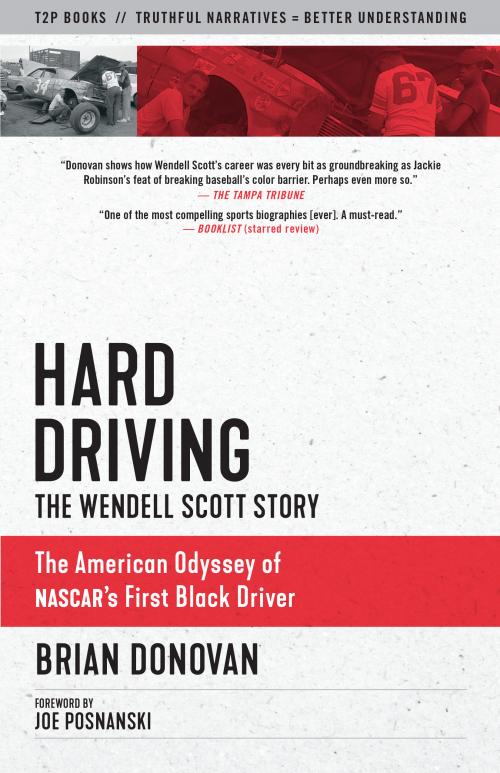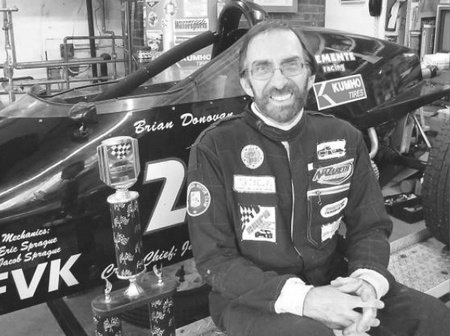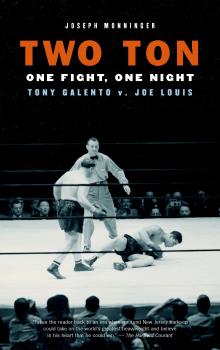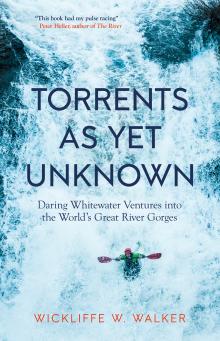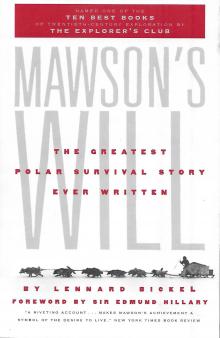Excerpt
Foreword
I’m not entirely sure how old I was when I first heard the story of Jackie Robinson breaking the color barrier — four or five, maybe? — but it utterly captivated me from the start. I cannot tell you how many times through the years I have thought about what it must have been like for Robinson, alone, defiant, playing baseball with the weight of history on his shoulders. Baseball had been segregated for more than half a century.So many forces were lined up against him. So many people wanted him to fail.
And so many people needed him to succeed.
Through the years as a sportswriter, I have spent countless hours talking to people who knew Robinson, played with him, played against him, and that is the question I ask each of them: What was it like for him? They try to answer, but they can only tell me so much. Only Robinson really knew.
And so it is astonishing to me that in so many ways I feel like I learned more about what it was like for Jackie Robinson by reading a wonderful book about . . . a race car driver.
Wendell Scott had it much rougher than Robinson, there is no question about that. As Brian Donovan explains, Wendell Scott really was alone as he did the impossible: integrated nascar as the civil rights movement took flight. While Robinson was signed by a baseball legend named Branch Rickey, Scott had to make his own way. While Robinson won over many of his white teammates (who then became some of his most devoted supporters), Scott had no racing teammates, just competitors who would enthusiastically crash him (or anyone else) into a wall to get to the checkered flag first.
While Robinson was based in Brooklyn and played all of his games in big cities (and none of them in the American South), Scott raced just about every time in the South. He raced in Birmingham weeks after Martin Luther King wrote his famous letter from a jail there. He raced in Augusta, Georgia, just before riots broke out. He raced in Charlotte at the same time that the homes of various civil rights leaders were bombed.
Wendell Scott — Brian Donovan tells us — always carried a .38-caliber revolver. And was sure to keep it loaded.
This book in your hands, this new release of Hard Driving to commemorate the one hundredth anniversary of Wendell Scott’s birth, is something very special. For one thing, it is a work of passion by the Pulitzer Prize–winning journalist Brian Donovan, who was something of a legend himself. He was a relentless reporter, someone who would not stop until he got the story.
He was also a race car driver himself, which is part of what drew him to Wendell Scott. It is telling that the two men didn’t fully connect until Wendell needed to break loose a bolt and Brian, without request, handed him the proper wrench for the job.
The relationship between Brian and Wendell gives us a raw, uninhibited, and unapologetic look at what Wendell Scott endured to do what he was always meant to do: race cars. The book doesn’t hide from Scott’s flaws; nor does it romanticize his extraordinary accomplishments. The truth is powerful enough.
“I heard this same observation again and again,” Brian writes. “During the 1950s and ’60s, as civil rights conflict roiled the South, the first black person that many white southerners came to admire was the driver who’d integrated their beloved sport of stock car racing.”
Wendell Scott died more than thirty years ago, in 1990. Brian Donovan died in 2018 after a battle with Alzheimer’s. It took Brian many years — decades, actually — to bring this book to life, and we should all be grateful that he did because inside you will find a rip-roaring story of a man’s tireless and fearless pursuit of the checkered flag, even when the race official refused to wave it.
Yes, you’ll get that remarkable story in here, too.
I personally know almost nothing about cars or racing, but through a series of poor editing judgments I have found myself often writing about nascar and spending time with some of the legends of the sport. Once I was with Junior Johnson in his North Carolina garage, he was drinking coffee that was stronger than gasoline, and I asked him about Wendell Scott.
“That man could drive,” Junior said, the ultimate compliment. If you know something about Wendell Scott, this book will help you feel some of what he felt as he made history. And if you don’t know anything at all about Wendell Scott, I envy you. You’re about to meet one helluva man.
Joe Posnanski
December 23, 2020
Charlotte, North Carolina

